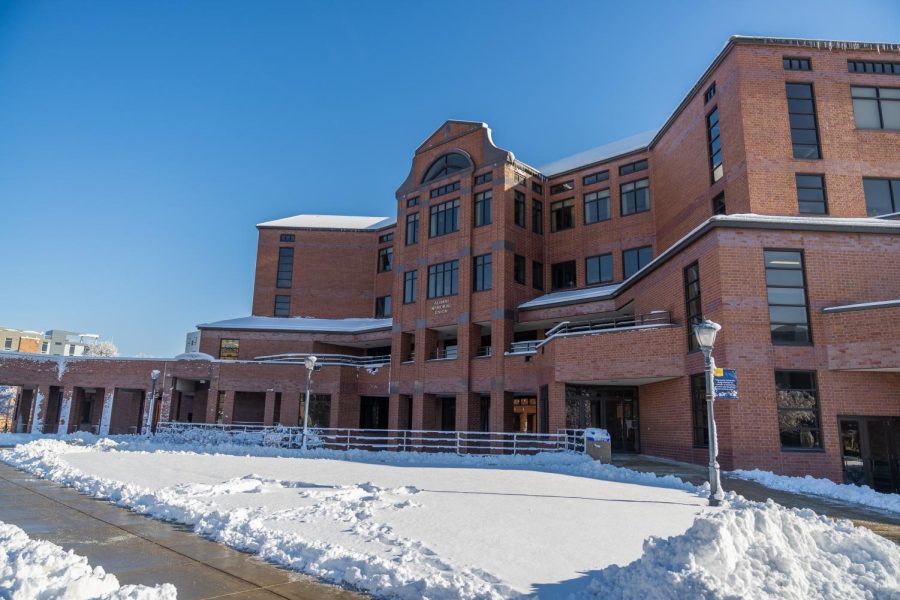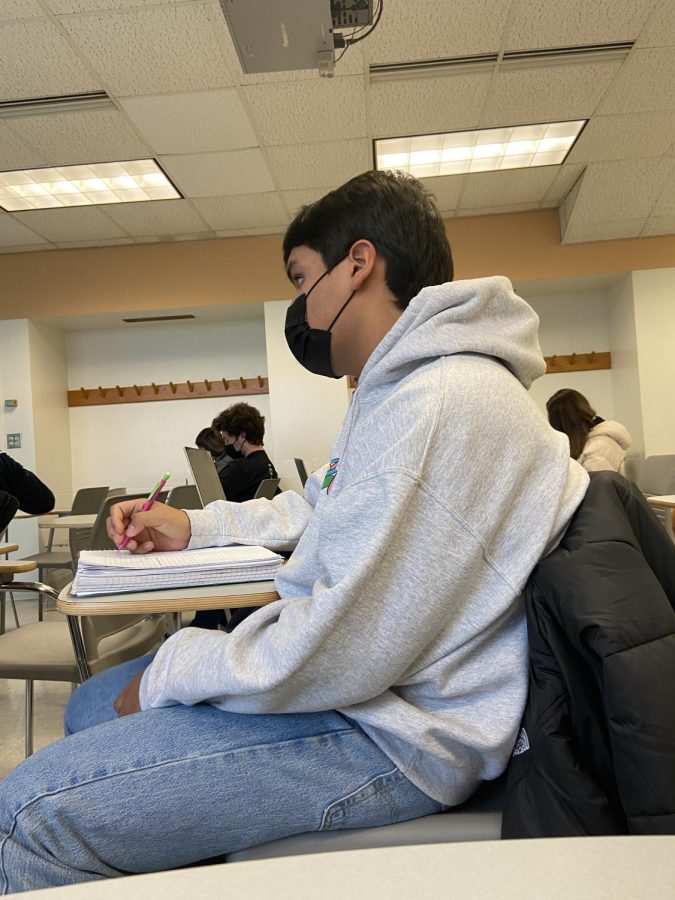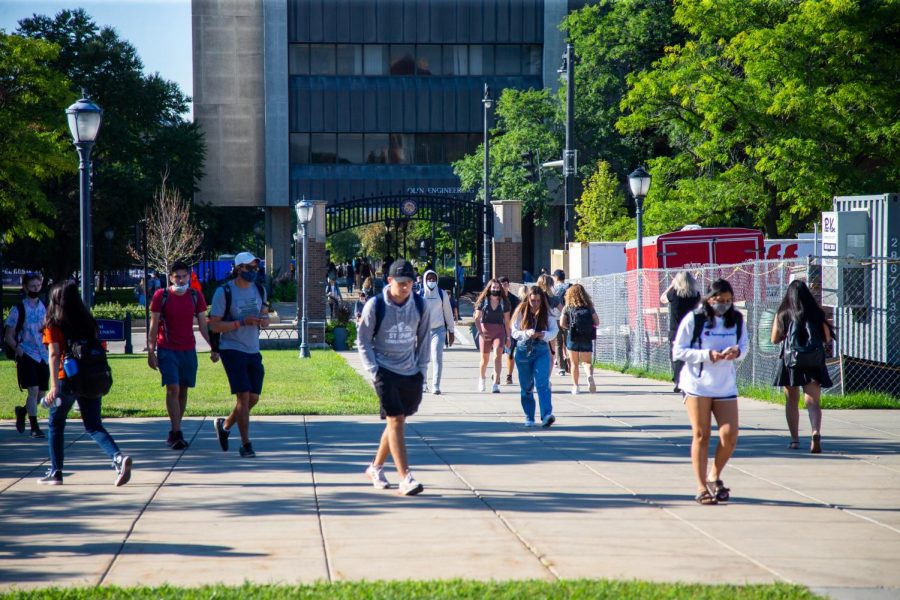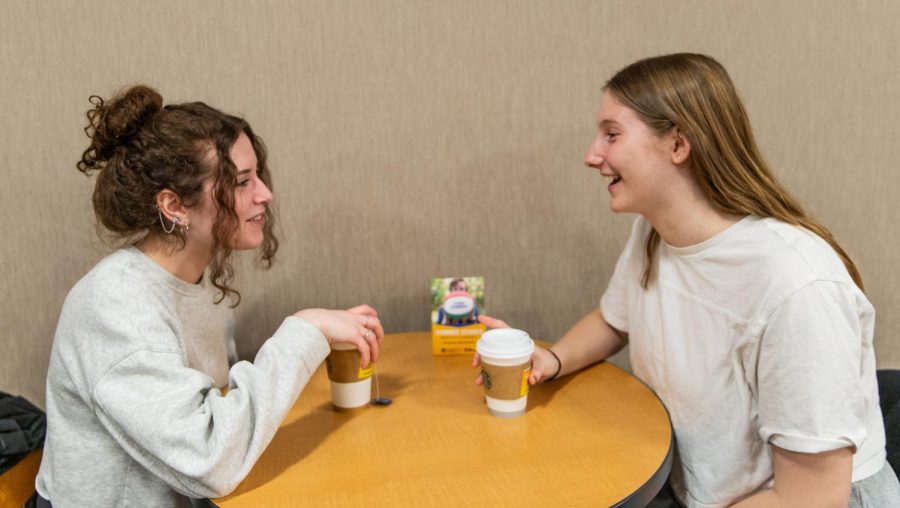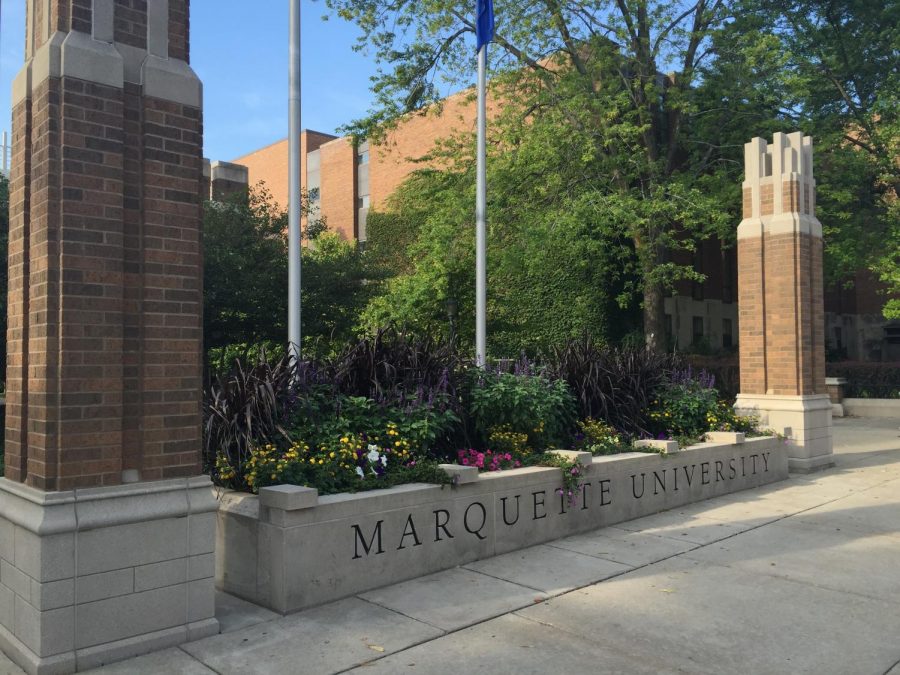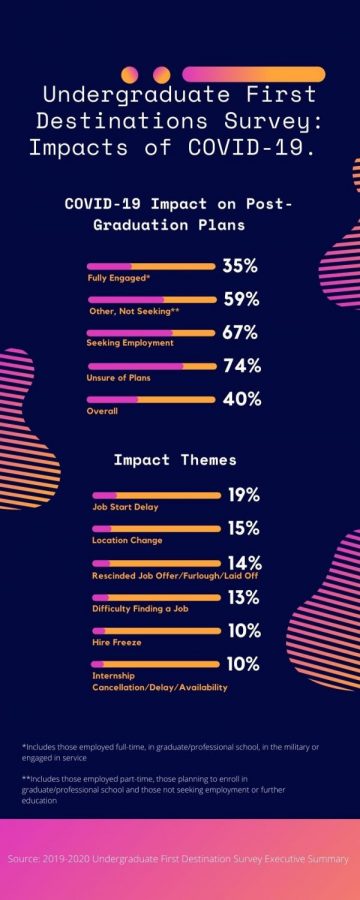With the COVID-19 pandemic causing shutdowns and quarantines, research being done by Marquette students and professors has been postponed.
Stefan Schnitzer is a professor of advanced ecology, tropical forest ecology and environmental studies at Marquette. Schnitzer also does research that focuses on understanding the forces that structure plant communities, maintain species diversity, control species distribution and allow species to coexist.
Schnitzer is currently in Panama where he is performing his current research project about tropical ecology. Panama had implemented a stay at home order which impacted the project.
Schnitzer said his research is currently shut down. His collection of field data has been put on hold. For a greenhouse experiment he is conducting, he is only allowed to water the plants and no large scale research can be performed.
Schnitzer said his research project has transitioned from collecting new data to just analyzing the data, and writing research papers. He said the research team holds online meetings to discuss their research and ideas. The team includes two Marquette grad students and he originally planned to bring Marquette undergraduate students and Milwaukee public school teachers, but that was postponed until next year.
Even though they have not been able to collect more data from plants, Schnitzer said the team has still been productive. They have used their current data to write papers about their research and have completed and submitted two papers about their research findings.
Schnitzer said they are “making the best of the situation” and are “fortunate to continue their research.”
Schnitzer said the COVID-19 pandemic has had a negative impact on his research, but he hopes the impact will not be too great.
Michael Schläppi teaches multiple biology and genetics courses at Marquette. He is currently performing research in Wisconsin on stress tolerance to cold weather in rice.
Schläppi was the one who brought rice cultivation or rice agriculture to Wisconsin and received an early grant to establish it and harvested the first rice paddy crop in Wiscosnin in 2017. This showed rice could grow in the Wisconsin climate. He currently has two acres of land from the nature preserve in which he conducts research of the effect of the climate rice plants.
Since Marquette’s campus has been shut down, Schläppi’s research has been put on hold. He said it is not possible to move the research online because it would not be productive for his specific field of research. Still, one graduate student he works with is currently writing their thesis, and they communicate via Microsoft Teams.
Schläppi said experiments and research being done in labs must be put on hold and continue in the fall. He also said he can only do a limited amount of experiments on rice because of COVID-19.
In addition to the two acres, Schläppi also grows rice on some of the rooftops at Marquette. Schläppi said he is forced to plant his rice on the rooftops now or he will “lose a whole year” or not be able to do data collection since he wasn’t able to grow new plants. He said the fieldwork has to be done now and he meets with students once a week where he guides the students to plant the rice. All social distancing guidelines are followed during these meetings.
Schläppi said that some online work does take place such as mapping data from last year and working on data analysis. However, he said online work is “not productive in this field.”
Karaline Black is a senior in the College of Arts & Sciences. She is studying biological sciences with a minor in environmental studies, and is currently the teaching assistant for a field ecology class taught by assistant professor of biological sciences Joe Lamanna.
Black said the class had been studying bird feeders, in which they set up bird feeders and conduct data collection every week. She said the class was able to finish all their data collection before spring break. Black said they were “lucky to have gotten the data,” before the COVID-19 pandemic caused stay at home orders.
The class is now transferring their data to spreadsheets, analyzing the data and writing research papers, Black said. Black’s class has Teams meetings on Tuesdays, as well as a Teams call on Wednesdays and Fridays in which they do lab work.
Black said she has not heard specific instances about research being affected by the pandemic, but she had heard about Schnitzer’s situation in Panama. She also said Lamanna usually does data collection for research over the summer, but that might be affected.
Black said she was grateful because professors in the College of Arts & Sciences have been very responsive and provide good communication during the current situation.
This story was written by Matthew Choate. He can be reached at [email protected].

